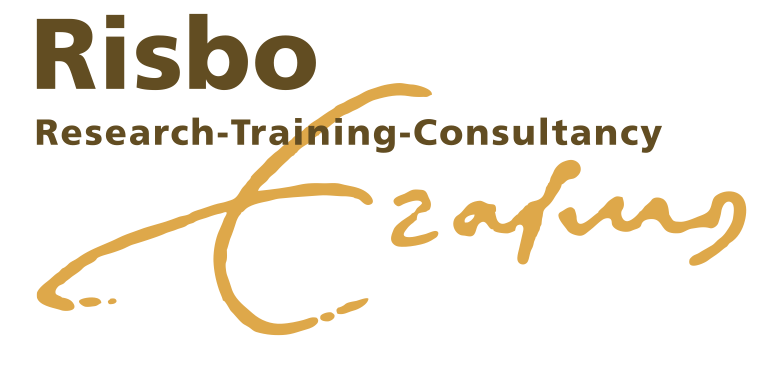Methodology
Towards a methodology for social inclusion
Research-based social innovation
Social innovation and social inclusion is an emerging field in the social science and as such still quite fragmented across the European research community. Often, the practical experiences of social enterprises and organisations have not been translated into research yet and theories are still missing.
Definitions and criteria for successful methodology in the field of social innovation and inclusion can be found across different disciplines, e.g. sociology, economics, political science, communication science, etc.
For this project researcher Tomislav Tudjman from Risbo Research and Training has reviewed literature from different fields to collect the most important methods for social innovation and inclusion. In the video he shares his insights.
Research: What makes social projects successful?

Custumization
Develop custom-made and tailor-made solutions for your target audience.

Local Context
Ensure that the intervention is a good, applicable and accessible product for the local reality.

Participation
Involve your target group (e.g. newly arrived migrants) in all phases of your project.

Adaptation
Be flexible and tailor the activity specifically to the situation in which the target group is in.

Evaluation
Constantly monitor and improve your work.
‘Young people know what they want. Do not try to define that for them. You need to involve them in every step of the process.’
Young people leading social innovation
The purpose of the MYLIFE project was to move beyond existing research in the social field and find specific elements that young newly arrived migrants bring into the field of social innovation and inclusion. During the youth exchanges in Sweden and the Netherlands they identified more specific elements for sucess.
Literature Recommendations
Here you can find some of the key literature that inspired MY LIFE.
- Bekkers, V.J.J.M., Tummers, L.G., Voorberg, W.H. (2013). From public innovation to social innovation in the public sector: A literature review of relevant drivers and barriers. Rotterdam: Erasmus University Rotterdam Paper presented at EGPA 2013 Conference Edinburgh, 11-13 September 2013.
- Bloom, P.N. (2012) Scaling Your Social Venture: Becoming an Impact Entrepreneur. Palgrave Macmillan.
- Brandsen, T., Ecchia, G., Eschweiler, J., Hulgård, L. and Nogales, R. (2016) Co-creating a Social Innovation Research Agenda for Europe, Social Innovation Europe/EMES Network. Link



